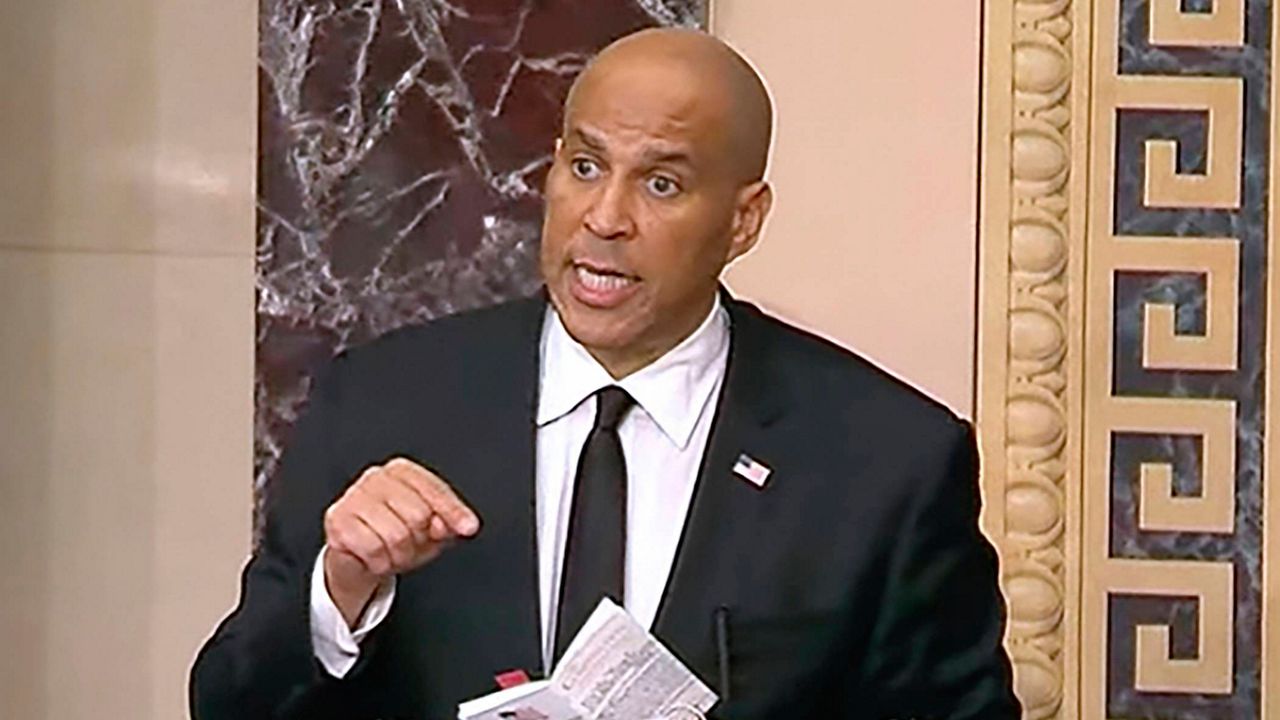About a quarter of a million children who came to the U.S. legally with their parents — known as "documented dreamers " — must return to their native countries when they reach the age of 21.
Legislation granting them permanent residency is finding rare bipartisan support on Capitol Hill, but getting any immigration reform through Congress is not easy.
At just the age of six, Fedora Castelino moved to the United States. She was born in India. Her dad's employer offered him a job transfer here to the U.S.
"The goal was for a better future for my family," Castelino told Spectrum News.
Now 19, her family lives in North Carolina and she's preparing to transfer to North Carolina State University. But her time in the U.S. may be nearing an end.
"Home is the United States. Home is where my family is," she said. "And those two go hand in hand right now, but those two won't be hand in hand in less than a year."
There has been a lot of focus on undocumented immigrants who entered the U.S. as children and never left. Many are allowed to live and work here as adults under the Deferred Action for Childhood Arrivals (DACA) program created by then-President Barack Obama in 2012.
But Castelino is what's known as an "documented dreamer," someone who came to the U.S. legally as a child dependant of parents with work visas
At 21, "documented dreamers" lose temporary status and their opportunity to obtain a green card, meaning if they can't get a visa, they have to self-deport to a country they might not have lived in since a very young age.
"They're Americans in every respect except on paper," Rep. Deborah Ross, D-N.C., told Spectrum News.
Ross, along with Democratic California Sen. Alex Padilla, reintroduced a bill on Wednesday called America's Children Act, which would allow "documented dreamers" to get permanent residency.
Unlike many immigration issues, this one has bipartisan support, but this is the second attempt to get it through Congress. To win over skeptical lawmakers, Ross says some changes were made.
The bill requires documented dreamers to obtain permanent residency if they've graduated from a college or university and have maintained legal status in the U.S. for ten years — that's up from four years in the previous bill.
"We've been working through the [National Defense Authorization Act] process to make sure we do things that are acceptable to the Senate because they need to get those ten Republican votes," Ross told Spectrum News. "But we're very optimistic because, as I said, we've been adding senators and House members."
Castelino has dreams of going to medical school in the U.S., but with around a year left before her birthday, that may not happen.
"We want to serve America," she said. "The reason we are fighting so hard is because we love America."




?wid=320&hei=180&$wide-bg$)




